La Hawla Wala Quwwata Illa Billah Benefits, Arabic Text And Meaning
Advertisements
La Hawla Wala Quwwata Illa Billah Benefits are recorded in several sound Hadiths. The meaning is so versatile and has spiritual and other advantages.
Lets dive into the expanded meaning, benefits and explanation of this zikr.
La Hawla Wala Quwwata Illa Billah Meaning in English
La Hawla Wala Quwwata Illa Billah Means There is no change of a condition nor power except by Allah Subhanahu Wata’ala.
The hawqala (Arabic: حَوْقَلَة) or the La Hawla (Arabic: لَا حَوْلَ) is an Arabic term referring to the Arabic statement لَا حَوْلَ وَلَا قُوَّةَ إِلَّا بِٱللَّٰهِ (la hawla wa la quwwata illabi llhi.
The phrase may be translated word-by-word as:
Advertisements
- La = no, not, none, neither
- Hawla = change, motion, alteration, movement transformation.
- Wa = and La = no, neither, none, not.
- Quwwata = force, strength, potency, power, might, vigour
- Illa = if not, but, except, if not
- Bi = to, in, by means of, with, for, through.
- Allah = Arabic name for the Supreme Being
Progress is only achieved through change and transformation and spiritual progress requires the highest degree of change and transformation.
We may wish to change, but we alone do not have the power to accomplish such changes.
Such change and transformation can only come through the tahwil (transformation) of Allah.
That is to say, true change and transformation can arise only through the Magnificent and Glorious capabilities of Allah.
Here are several literal translations of the phrase la hawla wa la quwwata illa billah that reflect the idea of change and transformation:
Advertisements
- There is neither change nor power except by means of Allah.
- There is no transformation or strength except through Allah.
- There is neither progress nor might except through Allah.
La hawla wa la quwwata illa billah meaning is there is no change or power except through Allah.
La Hawla Wa La Quwwata Illa Billah In Arabic
Here is how to write this incredible zikr or Dua in Arabic.
لَا حَوْلَ وَلَا قُوَّةَ إِلَّا بِالله
When a Muslim is confronted with a disaster or finds himself in a position beyond his control, such as being oppressed or forced to endure, he can say this expression.
The word awqala is a combination of the words awla and quwwata (or naht).
RELATED ARTICLES:
- Subhana Rabbiyal Azeem Meaning
- Bismillahi Tawakkaltu Ala Allah Meaning
- La Ilaha Illallah Muhammadur Rasulullah Meaning
La Hawla Wala Quwwata Illa Billah
La Hawla Wala Quwwata Illa Billah is a very concise yet comprehensive statement. With it, one proclaims the oneness of Allah and expresses one’s reverence, awe and need of Him.
A slave cannot move from one situation to another (hawl), nor does he have the strength (quwwah) to do this except by the will and help of Allah.
There is no power to be obedient except by Allah, nor is there any strength to stop sinning except by Allah. There is no power in averting evil, or strength in attaining good except through Allah.
The scholars said that the reason behind this statement being one of the treasures of Paradise is because it embodies complete submission, entrusting one’s affairs and obedience of Allah.
One acknowledges that there is no Creator other than Him and none can turn back His Command, and that the slave is powerless in his own affairs.
This is because this statement contains a denial of every ability to alter a condition and power except for Allah, the Mighty and Sublime.
A person has no might or power. He cannot change a situation to another and he does not have power over it except with Allah, the Mighty and Sublime.
It is a statement of assistance. If a matter overwhelms you and you feel incapable, you should say: Laa haola walaa quwwata ilia billaah (meaning: there is no change of a condition nor power except by Allah.)”
Allah – the Most High – will aid you regarding the matter. This statement is not a statement of restitution as most people think.
Thus, if it is said to one of them, “So-and-so has been afflicted with a calamity,” he would say, Laa hawla walaa quwwata illaa billaah (There is no change of a condition nor power except by Allah).
The statement of restitution is the saying, Innaa lillaahi wa innaa ilayhi raaji’oon (meaning: to Allah we belong, and to Him is our return.)”
If you want Allah to assist you in some thing, you should recite, Laa hawla walaa quwwata illa billaah, it is a statement of seeking assistance.
Allah, the Most High – mentioned the story of the owner of two gardens in Surat Al-Kahf His companion said to him:
“It was better for you to say, when you entered your garden: “That which Allah wills (will come to pass)! There is no power but with Allah,” (Surah Al-Kahf: 39)
It would have been better for you and your garden would have lasted. But he entered it and said:
“I think not that this will ever perish. And I think not the Hourwill ever come.” (Surah Al-Kahf: 35,36).
He was astonished by it and detested the establishment of the Hour.
So Allah sent a torment from the sky on it and it became a slippery earth.
The important point is that this statement, Laa hawla walaa quwwata illaa billaah, is one of the treasures of Paradise.
You should recite it, O man, whenever anything devastates you, rendering you helpless and incapable.
You should say: “Laa hawla wa laa quwwata illaa billaah” and Allah will make the affair easy for you.
La Hawla Wala Quwwata Illa Billah Explanation
La hawla wala quwwata illa billah means We have to admit ultimately that we are powerless.
Without the help of Allah, we cannot change anything. Therefore, we have to accept Allah in our lives as the only power who can help us.
As the prophet SAW often used to say la hawla wa laa quwwata illa billah (there is no change nor power except by the will of Allah)
The meaning of this lovely remembrance, La hawla wa la quwwata illa Billah, is your acknowledgment that you can not do anything without Allah’s help and support.
You say La hawla wa la quwwata illa Billah when you are confronted with a terrible situation that you are unable to handle, or when you are confronted with something that is really difficult to deal with.
Lahawla Walakuata Illa Billah
La hawla, hawla means to change from one state to another. There’s no way I can change from the state of heedlessness to being guided without saying la hawla.
You want to change from being full of debt to debt free say la hawla
From sickness to health, You are single and you want to get married.
That’s why the messenger of Allah SAW said to another sahabi, should I guide you to one of the doors of Jannah? He said yes, La hawla is one of the doors of Janna.
La hawla Meaning
La Hawla means I have no ability, I have no will. The word la hawla is a greatest zikr to say when your seeking Allah’s help to continue in your worship and to defeat laziness.
Abu Musal Al Ash’ari, Radiyallahu Anhu said, I was walking and saying la haula wala quwwata illa billah, the messenger of Allah SAW came to me and said, should I guide you to a treasure from the treasures of Jannah?
He said yes Oh messenger of Allah. The messenger of Allah SAW said la hawla is a treasure in jannah.
What does the treasure in Jannah mean?
The scholars said that its reward is hidden for the one who says it in this dunya and the one who act upon it.
What does it mean?
Abdullahi Ibn Masood explain what does la hawla mean.
He said there’s no way you can stop disobeying Allah without the help of Allah and there’s no way you can obey Allah without the help of Allah.
In English, the meaning of this wonderful phrase, La hawla wa la quwwata illa Billah is You admit that you can not do anything without Allah’s help and support by saying,
“There is no power and no strength except from Allah.”
No matter how great your might, energy, and strength you become, you will never be able to do anything without the assistance of your Lord, Who is Greater than all of His creation, the Most Great, and to Whom nothing else compares.
When compared to Allah Subhanahu Wata’ala, every strong person or object is feeble. When compared to His Might, every great person is weak and tiny.
The excellent phrase la hawla wa la quwwata illa bi Allah is cited multiple times in the hadith (sayings of Prophet Muhammad) as being highly respected and highly recommended by the Prophet Muhammad.
The statement is a part of daily prayers for many Muslims, and is a common phrase in ritual and dhikr (zikr).
It is not rare to read the expression la hawla wa la quwwata illa bi Allah translated simply as there is no power or strength except through Allah.
However such translation fails to express the majesty and deeper importance of this great sentence.
Translating the word hawla simply as power is an over-simplification.
The Arabic root h-w-l portrays all sort of change and metamorphosis.
The root h-w-l has led to a broad variety of words, but they all share this common thread of change and metamorphosis.
Certainly it is true that transformation and change require power, but power alone is not an adequate translation, change and transformation are the keys to this magnificent phrase.
Is La Hawla Wala Quwwata Illa Billah In Quran?
Yes, La Hawla Wala Quwwata Illa Billah is found in quran, it is in Surah Kahf verse 39 of Chapter 18 of the Qur’an.
Allah says:
وَلَوۡلَآ إِذۡ دَخَلۡتَ جَنَّتَكَ قُلۡتَ مَا شَآءَ ٱللَّهُ لَا قُوَّةَ إِلَّا بِٱللَّهِۚ إِن تَرَنِ أَنَا۠ أَقَلَّ مِنكَ مَالًا وَوَلَدًا
Meaning in English
Why, when you entered your garden, did you not say, (Everything is) as Allah wills. There is no power except with Allah? If you see me inferior to you in wealth and children.
Meaning of La Hawla Wala Quwwata Illa Billah concerning the above verse.
According to one of the Salaf, let whomever is pleased with something about his situation, fortune, or children say, la Hawla Wala Quwwata Illa Billah.
When to Say La hawla wa la quwwata illa Billah?
This zikr or remembrance is said when you are confronted with a critical situation that you are unable to handle, or when you are faced with a very challenging situation.
The following are some of the places and times when this incredible supplication is said:
1. When turning over at night
According to Ubadah ibn alSamit, the Prophet Muhammad (peace and blessings of Allah be upon him) said:
Whoever wakes up in the night and says,
“La ilaha ill Allah, wahdahu la sharika lah, lahul mulk wa lahul hamd wa huwa ala kulli shay’een qadeer,” is a kulli shay’een qadeer. Alhamdulillah wa subhaan Allah wa la ilaha illAllah wa Allahu akbar, wa La hawla wa la quwwata illa Billah.
This supplication’s English translation
There is no other god than Allah Alone, with no co-religionists or associates. Praise and sovereignty belong to Him, and He is capable of accomplishing everything.
There is no god but Allah, and Allah is the Most Great. Praise be to Allah, glory be to Allah, there is no god but Allah, and Allah is the Most Great. Except for Allah, there is no power or might.
Then you say, Allahumma ighfir li.
O Allah, forgive me, or you make dua, your prayer will be answered.
Your salah will be accepted if you perform wudu and pray.
Reference Bukhari 1086
2. When the muazeen says “Hayya alas salaah (come to prayer)” or “Hayya alal falah (come to success)”.
After adhan and during the call to prayer, the prophet Muhammad SAW taught us what to say.
According to Hafs ibn Asim ibn Umar ibn alKhattab, his grandfather Umar ibn alKhattab stated to his father:
“The Prophet of Allah (peace and blessings of Allah be upon him) said:
You should say Allahu akbar, Allahu akbar when the muazeen says Allahu akbar, Allahu akbar (Allah is Most Great).
Then he says, “Ashhadu a la ilaha illa Allah” (I bear witness that there is no god other than Allah, and you say “Ashhadu a la ilaha illa Allah”).
Then he says, Ashhadu anna Muhammadan Rasul Allah (I testify that Muhammad is Allah’s Messenger, and you answer, Ashhadu anna Muhammadan Rasul Allah).
Then he says, Hayya alas salah (come to prayer), and you say,
La hawla wa la quwwata illa Billah; after that, he says, Hayya alal falah (come to success), and you say, La hawla wa la quwwata illa Billah; after that, he says, Hayya alal falah (come to success), and you say, La Hawla Wala Quwwata Illa Billah
Then he says Allahu akbar, Allahu akbar, and you reply with Allahu akbar, Allahu akbar.
Then he says La ilaha illa Allah, and you say La ilaha illa Allah, and he will enter Paradise if he says it from his heart.
3. When you are about to leave the house
Another time to say this sentence is while you are leaving the house.
According to Anas ibn Malik, Allah’s Messenger (peace and blessings be upon him) said: Whoever says, that is, while he is leaving his residence.
Bismillah, tawwakaltu ala Allah, La hawla wa la quwwata illa Billah
In the name of Allah, I put my trust in Allah, and there is no power and no strength except with Allah.
It will be said to him,
“You will be looked after and safeguarded, “and the Shaytan will leave him alone.”
Abu Dawood also mentions it in his Sunan, where he adds:
‘What can you do with a man who has been guided, cared for, and protected?’ Another shaytan will said this to him.
4. After praying (Fard)
Another chance to memorise and repeat this wonderful statement is after praying Fard (obligatory prayers).
This phrase, along with others, was said by Allah’s Messenger (peace and blessings of Allah be upon him) immediately after each Salam prayer.
La Hawla Wala Quwwata Illa Billah Benefits
- One of the Treasures of Paradise
The prophet SAW explained the virtues of this lovely sentence to his companions. According to Abu Dhar’s narration of a Hadith, the Messenger (salallahu alayhi wa sallam) told him:
“Should I not lead you to a treasure from Paradise’s treasures?”
“Yes, O Messenger of Allah,” Abu Dhar said. He said: la Hawla…. That is, but for Allah, there is no might or power.
The question in this hadith is meant to pique interest; in other words, the Messenger of Allah Muhammad SAW used it to enthral his companion so that he would pay attention to what he was about to say.
This is because this beautiful dua has a denial of every ability and capability to alter power and a condition except for Allah, the Mighty and Sublime.
2. Protection from Shaytaan
La Hawla is a potent zikr that will protect you from the devil, Shaytan.
Anas ibn Malik (radiyallahu anhu) was quoted as saying that Prophet Muhammad (salallahu alayhi wa sallam) said:
“Whoever says, ‘In the Name of Allah, I have placed my trust in Allah, and there is no might or power but with Allah,’ when he leaves his house, it will be told to him:
Shaytan will be kept away from you because you have been guided, spared, and safeguarded.”
3. Forgiveness of Sins
The recitation of this magnificent Dua is one of the ways Allah will forgive and pardon your sins.
According to Abdullah ibn Amr, the Messenger (salallahu alayhi wa sallam) said:
“There is no one on earth who says, ‘None has the right to be worshipped except Allah, and Allah is the Greatest, and there is no force or power except with Allah,’ unless his sins are forgiven, even if they are as great as the sea foam.”
Secret Of La Hawla Wala Quwwata Illa Billah
There is no such thing as might or power in a person. He cannot modify a situation and has no influence over it except in the presence of Allah, the Mighty and Sublime.
It is a request for assistance. If a situation overwhelms you and makes you feel powerless, say: Laa hawla wala quwwata ilia billaah.
Allah, the Most High, will be of assistance to you in this circumstance.
This is not a restitution statement, as many people believe.
If one of them is told, “So-and-so has been struck by a tragedy,” he will respond, “Laa hawla walaa quwwata illaa billaah.”
“Innaa lillaahi wa innaa ilayhi raaji’oon (meaning: to Allah we belong, and to Him we return)” is the restitution declaration.
If you wish Allah to help you with something, repeat the phrase Laa hawla walaa quwwata illa billaah, which is a request for help.
In Surat Al-Kahf, Allah, the Most High, mentioned the narrative of the owner of two gardens.
The crucial thing to remember is that this sentence, Laa hawla walaa quwwata illaa billaah, is one of Paradise’s treasures.
You should recite it whenever something devastates you, putting you helpless and impotent, O my brother or sister.
“Laa hawla wa laa quwwata illaa billaah,” you should say, and Allah will make the situation easier for you.
A longer version is
لَا حَوْلَ وَلَا قُوَّةَ إِلَّا بِٱللَّٰهِ ٱلْعَلِيِّ ٱلْعَظِيمِ
Transliteration
La hawla wa la quwwata illa bi llahi l aliyyi l-azimi
Meaning
There is no power nor strength except by Allah the Lofty, the Great
And Allah is the only one who can provide prosperity.
Many people say the statement in the wrong time. when somebody tells you your father passed wrong, when you are hit by a calamity we always say, we’re supposed to say innalillah. This is what the Quran taught us.
When you are hit by a calamity, when you are weak and you want to become strong, when you are sick and you want to become healthy, you want to change from one state to another, that is what La Hawla means.
Allah Knows Best.
Advertisements

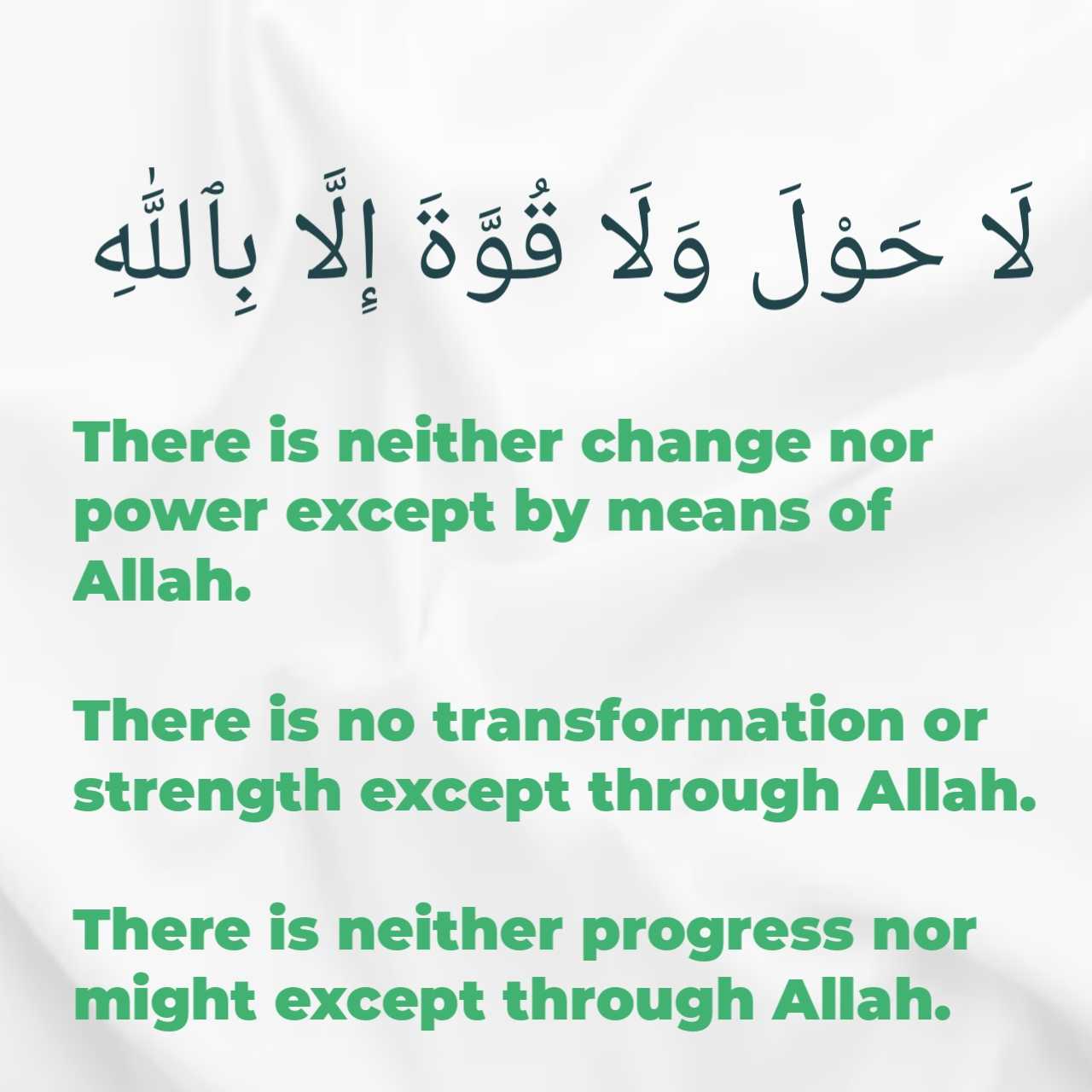
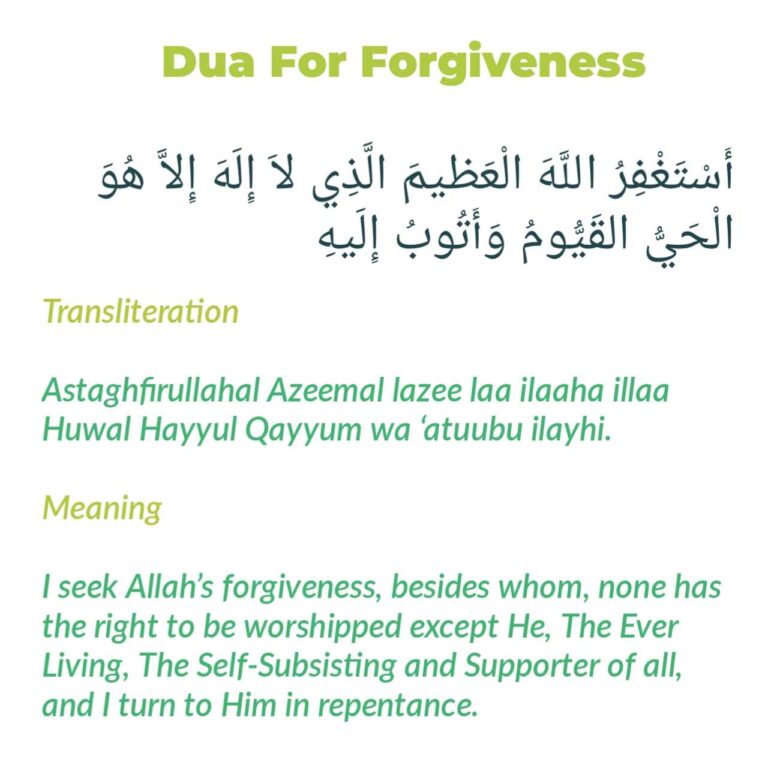
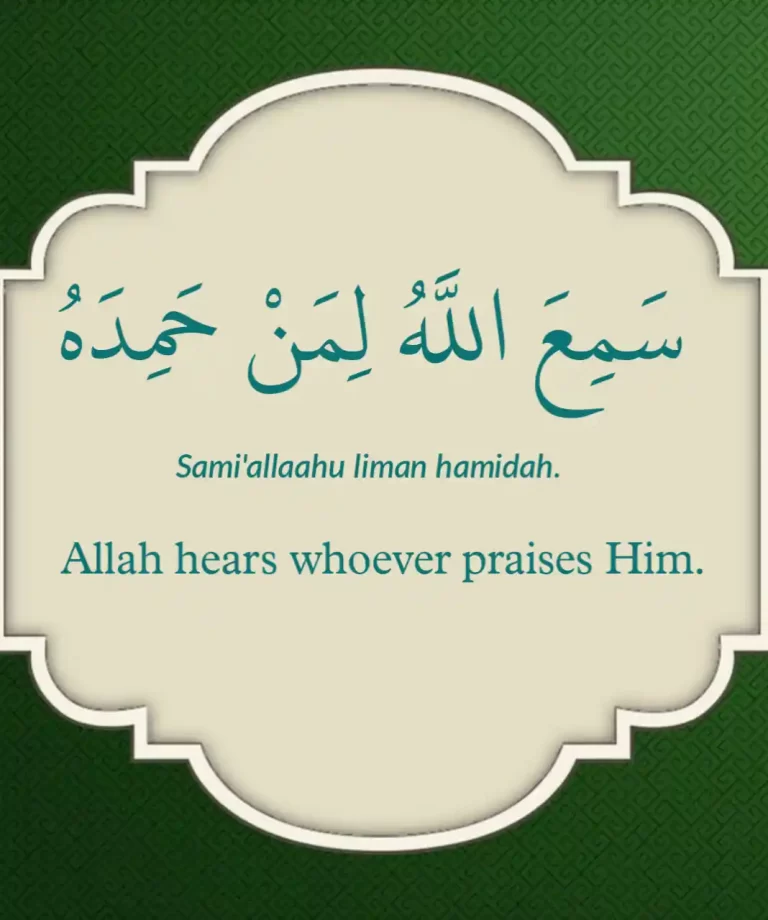
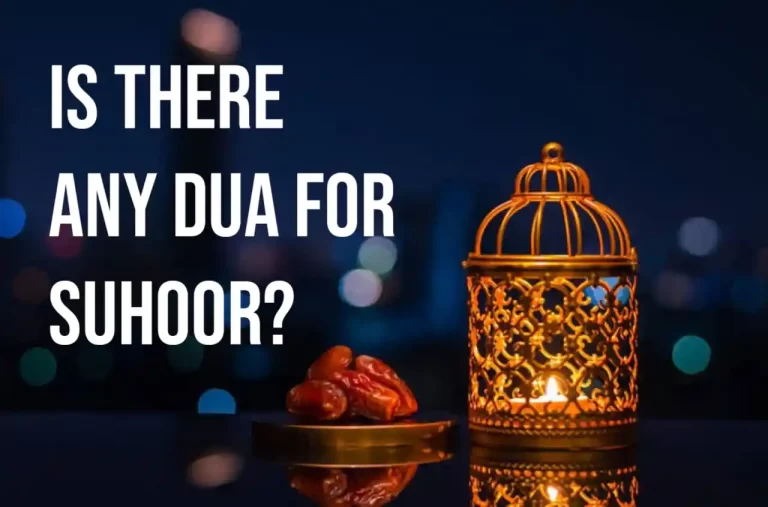
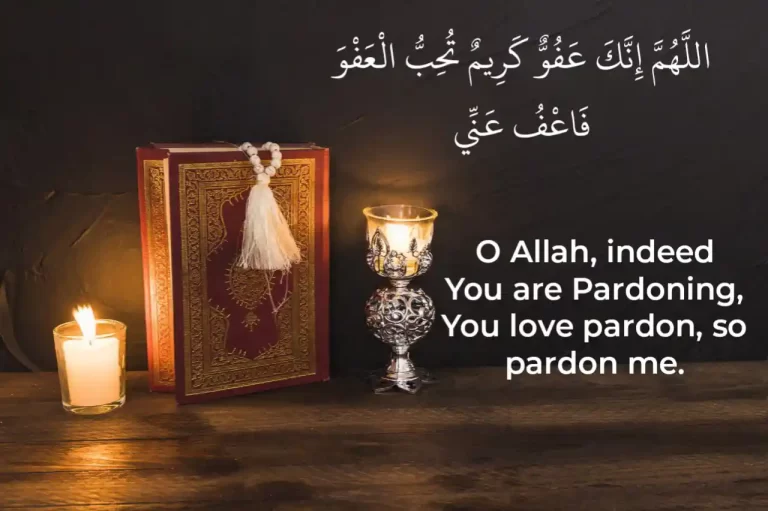
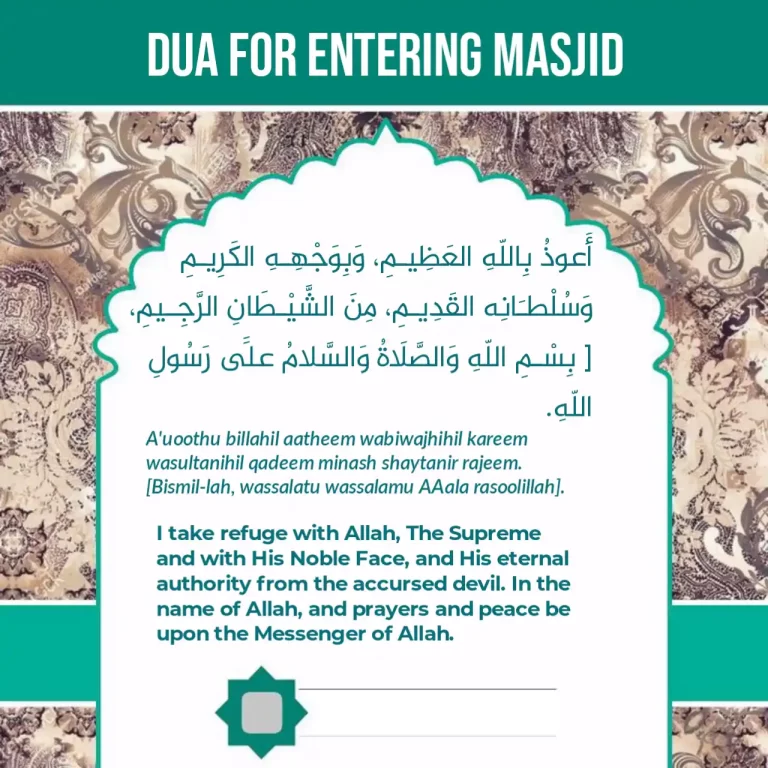
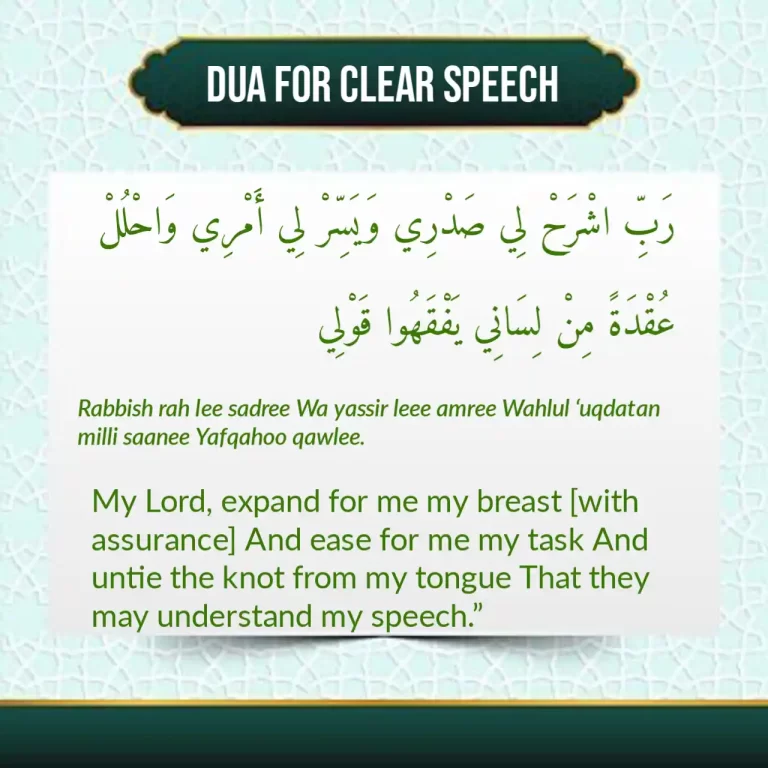
This is a beautiful dua to recite if you are looking for blessings in your life. I hope you find the meaning of this dua helpful.